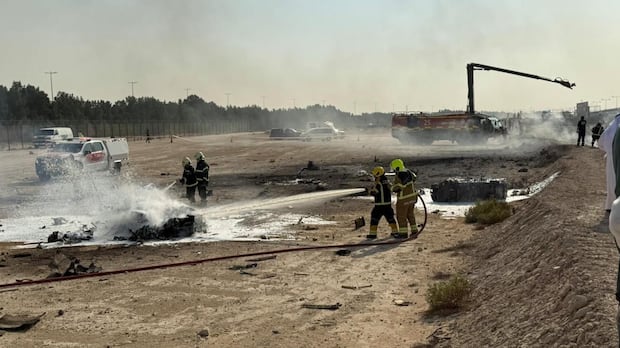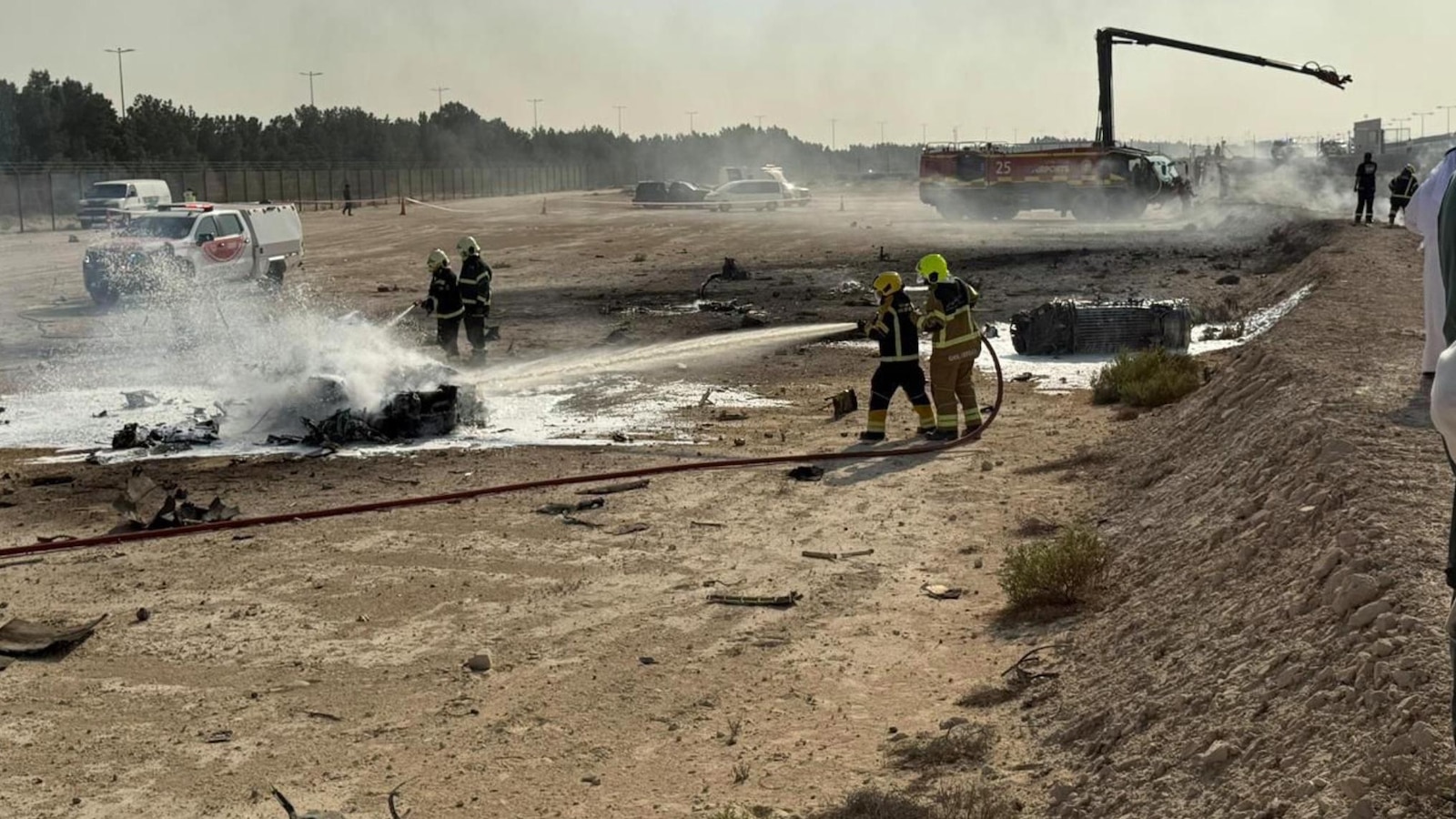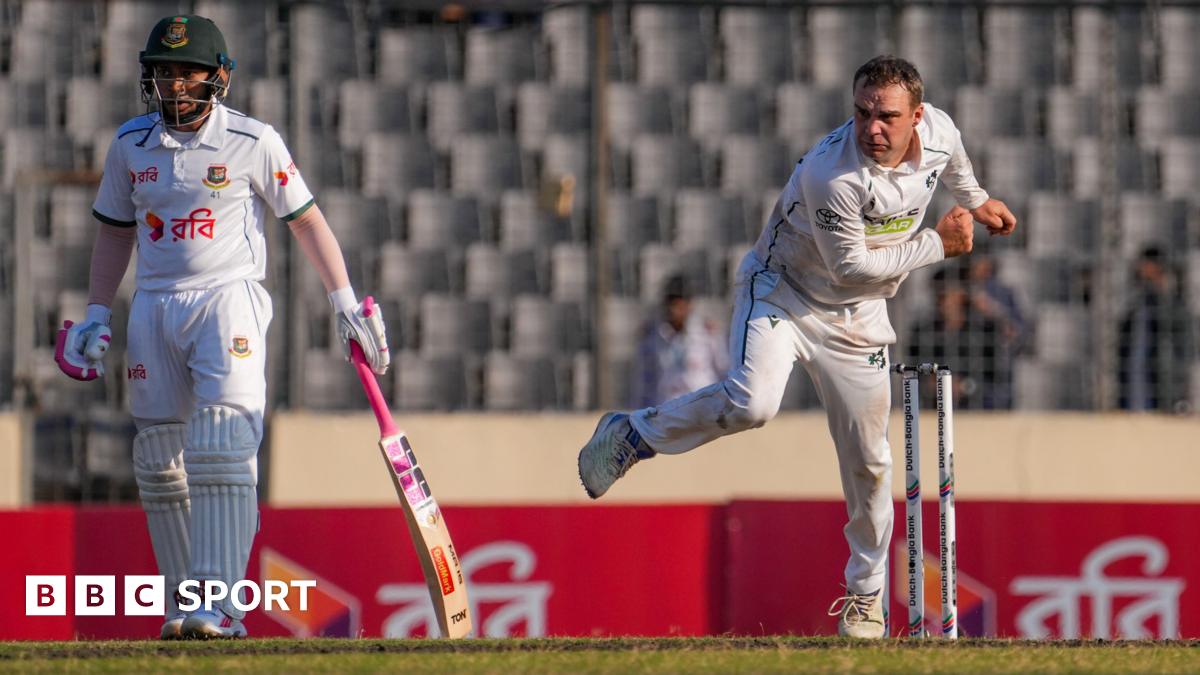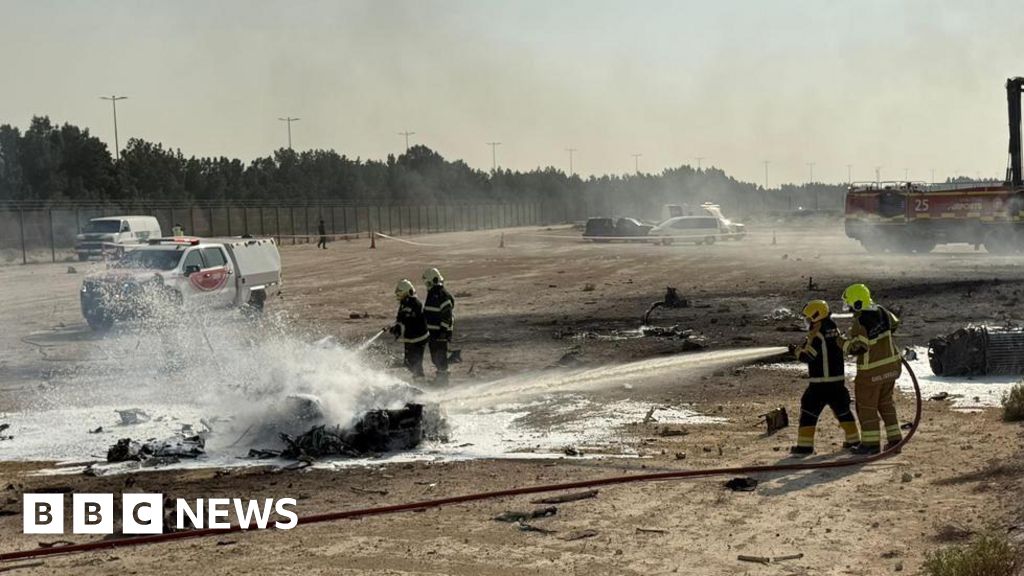Listen to this article
Estimated 3 minutes
The audio version of this article is generated by text-to-speech, a technology based on artificial intelligence.
The pilot of an Indian combat plane died after the aircraft crashed Friday during a…

Listen to this article
Estimated 3 minutes
The audio version of this article is generated by text-to-speech, a technology based on artificial intelligence.
The pilot of an Indian combat plane died after the aircraft crashed Friday during a…
On several media queries soliciting Pakistan’s comment on the sentence awarded in the trial of the Former Prime Minister of Bangladesh, the Spokesperson stated the following:
This is an internal matter of…

 Getty Images
Getty ImagesMaking legal migrants wait longer before settling permanently in the UK would have a “profoundly negative impact” on Scotland’s care sector, it has been claimed.
Scottish Care, which represents independent social care services, says…

DUBAI, United Arab Emirates — The pilot of an Indian combat plane died after the aircraft crashed Friday during a demonstration flight for spectators at the Dubai Air Show, the Indian Air Force said.
The Indian HAL Tejas, a combat aircraft used…

The third day of Ireland’s second Test in Bangladesh was temporarily stopped because of a 5.7 magnitude earthquake in capital city Dhaka.
According to Reuters, the government in Bangladesh said at least five people had been killed in the incident…

A pilot has died after an Indian fighter jet crashed while performing a display at an airshow in Dubai, officials have said.
The Indian Air Force said in a statement: “IAF deeply regrets the loss of life and stands firmly with the bereaved family…